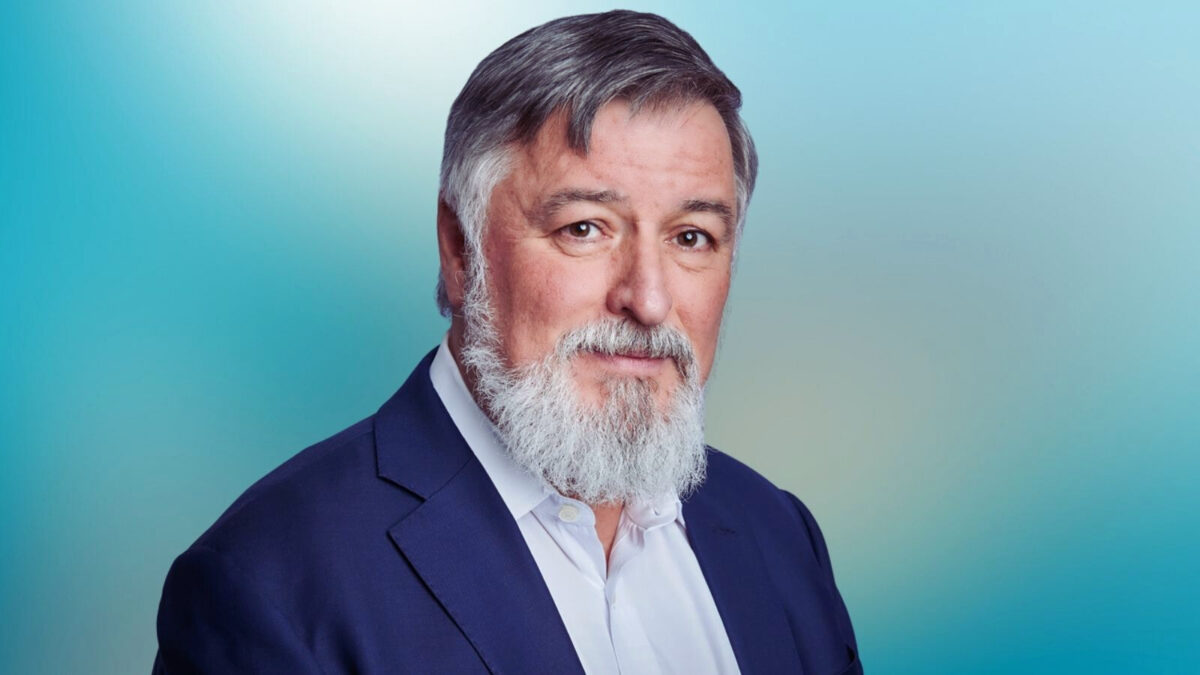Why the chief of this $4 billion fund says it’s not a holdout – just ‘old fashioned’
Bill Watson, CEO of the $4 billion First Super, likens the experience of being a small super fund in today’s market to that of a penguin trapped on a melting ice floe – and the leopard seals are circling.
“We don’t want to be a tasty snack for a leopard seal,” Watson tells ISN.
First Super has a claim on being one of the first industry funds. One of its precursors, the Pulp & Paper Workers’ Superannuation Fund, was founded in 1975 – the days when things were still made in Australia, and more than a decade before compulsory super – while the modern entity was formed in 2008 when that fund combined with the Timber Industry Super Scheme and Furniture Industry Retirement Superannuation Trust. It “represents the entire fibre chain”: growing, harvesting, processing and selling.
“For most Australians, having contact with the work that a First Super member does is unavoidable,” Watson says. “Whether it’s your mattress, your cushion, your dunny paper, or all the timber that goes into constructing houses.”
But, as Watson notes, there’s few funds out there like it today. The view of the wider industry and its regulators is that bigger is better. Funds should have more than $30 billion under management, and mergers that result in a combined entity of less than that are discouraged by APRA. In that environment, First Super is ‘sub-scale’ – not so much a snack as a morsel. But Watson believes that dynamic has little to do with First Super’s ability to give its members a dignified retirement.
“We’re not here for the sake of being here – we’ve got to be able to deliver good quality personal service that allows members to get to a happy retirement, and do it at modest price while generating good investment returns. The quality of service cannot be used as an excuse and it can’t eat up returns.
“I think we provide a better level of service relative to some other funds. We’re not a holdout; we believe we’ve remained true to label and true to why industry funds were set up in the 80s and why the pulp and paper workers fund was set up in the 70s.”
The biggest myth that persists around small funds is that they’re uneconomic and unable to manage emergent risks, Watson says.
“The largest self-insurer, which is regulated by APRA, was subject to a cyberattack,” Watson says. “The little health insurance fund of which I’m a member hasn’t had any incidents. You can take a broad brush and say that big funds are better but I’m not sure the evidence supports that. Little funds are told they can’t manage risk, are less able to deal with the regulatory onslaught, provide a digital service offering, access investment opportunities – all of which I don’t think is true.”
There are savings from scale, but costs too – complexity, risk management and compliance, plus the cost of having a big team.
“I’m not being critical, but we have few metrics for what the large funds were trying to achieve with in-sourcing and what they’ve actually achieved,” Watson says. “They’re reporting on their returns but we don’t know what the benchmark was in terms of cost. It’s easy enough to manage the investment team, but there’s indirect costs – and in my experience running large businesses, the indirect costs are very pernicious. You don’t know they’re there but they are.
Old fashioned service
Watson estimates the roughly $4 billion fund saw six per cent aggregate growth over the last couple of financial years – not explosive, but a lot better than being in outflow. It’s one of the few funds that accepts KiwiSaver transfers from emigrating New Zealanders, and is picking up members from online channels. It has its own financial planners, runs its own administrator and has invested “significant resources” in its contact centre, which translates to members and employers talking to First Super staff within three minutes when they call.
“You can deliver the old fashioned service at a moderate cost,” Watson says.
First Super is a “great believer” in collective vehicles; it’s a shareholder in Frontier Advisors and Industry Super Property Trust, was a shareholder of ME Bank until it was acquired by Bank of Queensland, and owns five per cent of Industry Super Holdings, through which it’s a significant shareholder of IFM Investors – which has been “a cracking investment”.
First Super has some index exposure, but still pursues active management in equities and credit and is a “big believer” in alternatives; infrastructure, property and private equity, where it invests in small to medium-sized Australian businesses that would otherwise expect to get capital from HNWs or family offices. First Super used to invest into blind pools before taking issue with where the money ended up and getting a “pretty unsatisfactory” response from the group managing it, so pursued direct investments instead.
“We were too small to be meaningful to them,” Watson says. “Through Stafford (Capital Partners) we found private equity managers that got what we wanted to do and were willing to embrace our due diligence process.”
And while other small funds keep disappearing, Watson says First Super isn’t going anywhere.
“What we’re focusing on right now is achieving our mission, and if we don’t achieve the mission we lose our social licence to operate and we will no longer exist,” Watson says. “So we are under pressure: the pressure of constantly needing to perform… I’m chronically anxious about our performance, our costs, and knowing that we have to be one bit better every day of the week. That’s how we consistently deliver good returns, costs and growth. There’s no complacency – just chronic anxiety.”











